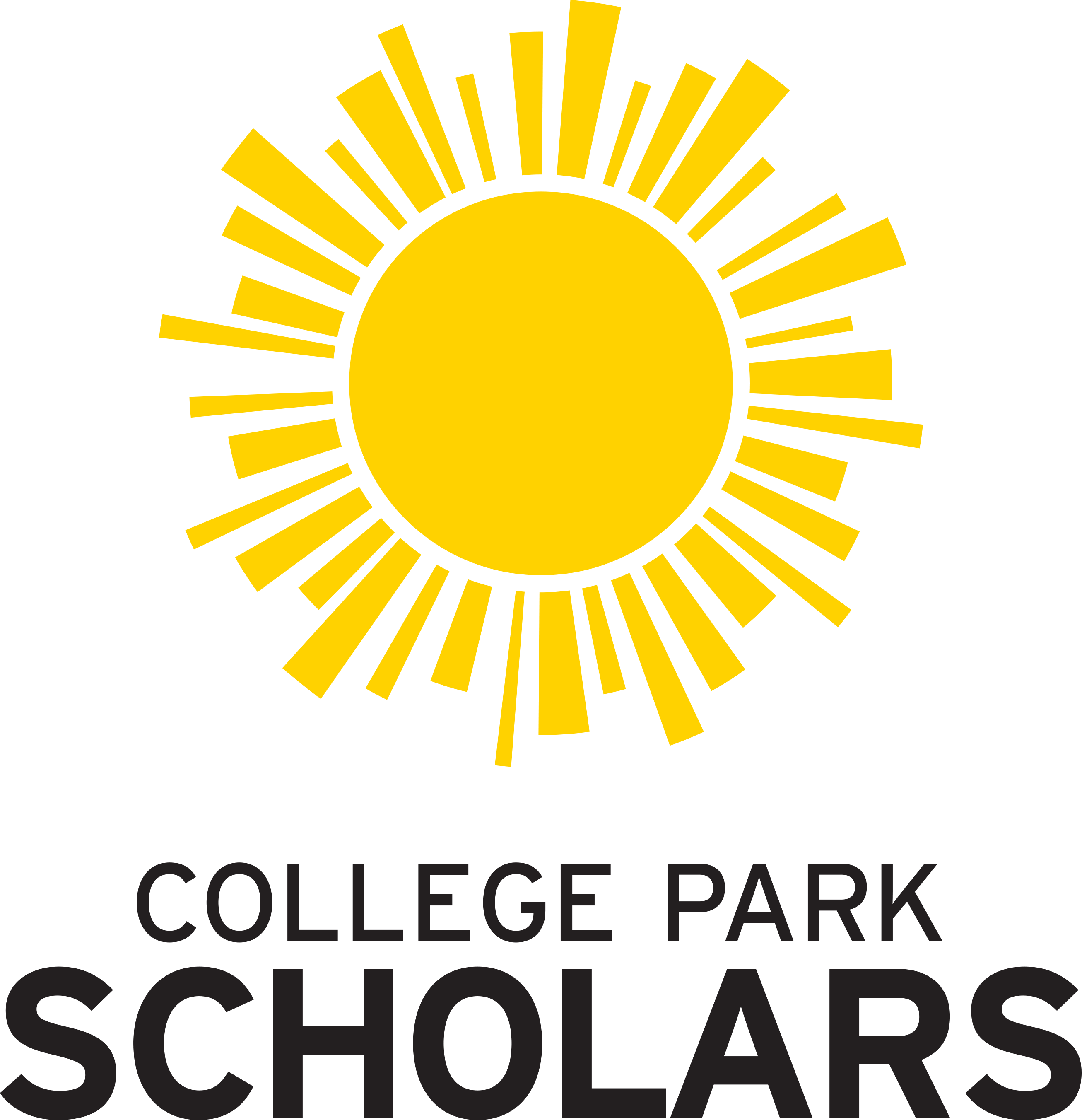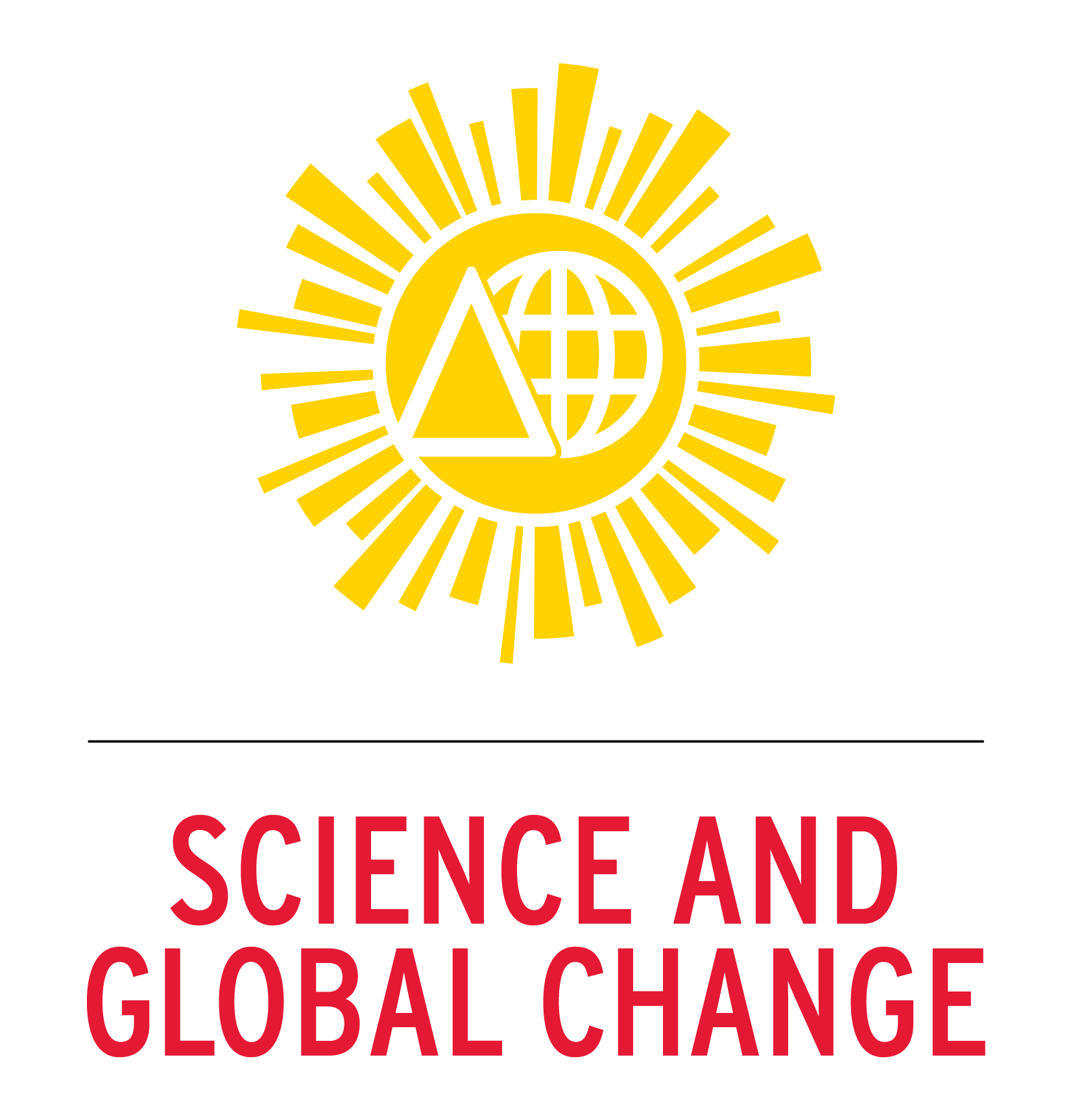


I think my experience with the Science and Global Change Scholars Program has really given me a true understanding of how climate change works and what we can do to stop it. But on a deeper level, I think it has prepared me to see and analyze science in my daily life and also apply what I've learned about science to other aspects of my life.
I think a really big example of people failing to use critical thinking skills during my time as a college student has been during the election. When I’ve gone online and seen people talking about who they are voting for and why, a large majority of the time I see people quoting information or studies that are false or misrepresented. However, this usually isn’t done with malice, it’s usually people who don’t properly critically think or fact check. A specific example I have witnessed is a picture of “election fraud” where people who were supposedly 120 years old were voting in the election. Now at first glance I myself believed it because why would anybody lie about that and at first glance it looked realish. However, after taking a few seconds to take emotion out of the equation and actually analyze the picture it was clear that someone just typed info into an excel sheet and that it was fake. So I did not fail to critically think at first, but in the comments a lot of people believed the information to be true and clearly had not used proper critical thinking. Before my time in scholars I would have never looked back and thought in-depth about the information I was analyzing. I am now much more immune to fake information and biased information. An example where I failed to use critical thinking was during my ENES 100 class. During this class, we had a semester-long project to build a robot that put out a fire. We were given some guidance but the majority of the project was done completely by ourselves. An issue that my group had was we kind of just did what we wanted and what we thought was cool. We didn’t necessarily analyze everything we were doing and we didn’t think critically about our design. This was fine in the short term however we ended up having some issues down the line where a couple of design flaws came back to bite us because we weren’t diligent enough in the analysis of our design. Had we thought about some of the implications of our design and did a better job weighing which components to use (for example using motors that were too heavy) our robot might have actually worked.
The set of SGC colloquium that resonated most with me and my major was the ones focused on alternative energy sources and energy storage technology. Since I am an engineering student, I have always been fascinated by wind turbines, solar energy, electric cars, etc. because I find it cool to be able to use what you have to solve a problem. The wind and sun have been around well before humans and will be there after, so finding ways to harness their energy has always fascinated me. I thought it was cool to look at some of the emerging energy storage technology like new types of batteries and the gravitationally based energy storage solutions. One way this will help me change how I look at engineering is realizing that engineers can help combat climate change. For example, when designing buildings engineers can incorporate things such as clean concrete, better insolation, green roofs etc. that if done at scale can have a sizable impact on climate change. In the future what I have learned here will definitely be in the back of my mind and hopefully I can implement my knowledge in little ways to help make a difference. In my Chem 135 class we learned about the process of the combustion of different gasses and what the results are. Even small amounts of the combustion of gases usually results in a large production of CO2. This was one of my favorite units of this class because it was focused on the chemistry behind combustion engines and working with engines is one of my favorite parts of engineering. This combined with what I’ve learned about through our colloquium has definitely made me think about doing something in the electric engine/car field. I think ethically trying to work on regular motors would be hard knowing what I know about how bad the CO2 emissions are for the environment.
I think the largest way I have contributed to SGC is by being a peer mentor. I had the responsibility and honor to help the next generation of scholars get settled into college and SGC. I was able to help supervise during the aquatic gardens field trip and have helped mentor my mentees throughout the year. Especially since many of them are engineering students like myself I was able to provide important insight about classes, professores etc.
One way scholars brought me in contact with someone who challenged my beliefs is by meeting one of my good friends Aidan Rashid. When I first met him he was in a frat and because he was in a fraternity I thought he was gonna act a certain way especially from what I see online. However, he is really smart, respectful, studious, and all around a great guy. Going into college I thought fraternities were stupid because I thought the people in them were stupid but after meeting Aidan my opinion completely flipped. In fact, I actually joined his fraternity this semester.
I think my scholars' experience will help me be able to approach life more scientifically and analytically. For example, similar to the situation above, when I read media articles or political ads, media, etc. I will be equipped to disseminate what information is being told, left out, misled, etc. As an engineering student I’m not quite sure I will be able to use this info in my future classes but as a professional I think I will be able to use the practice I’ve gained in research and reading scientific papers. More importantly, I think or at least hope I’ll be able to implement some of the things I’ve learned about reducing greenhouse gas emissions in my profession to do my part in reducing climate change.